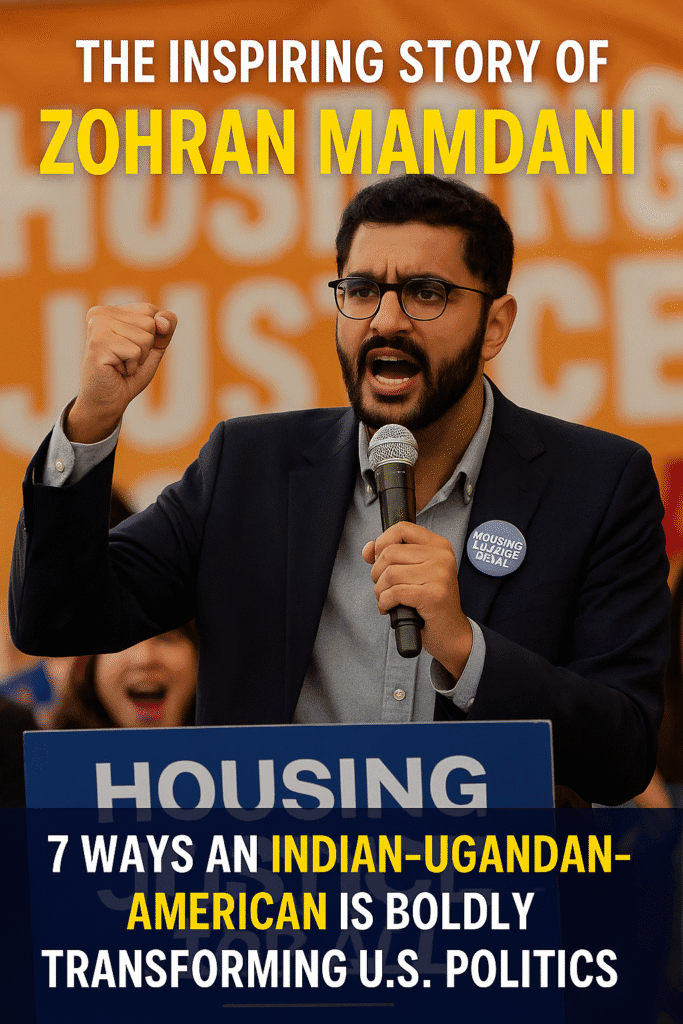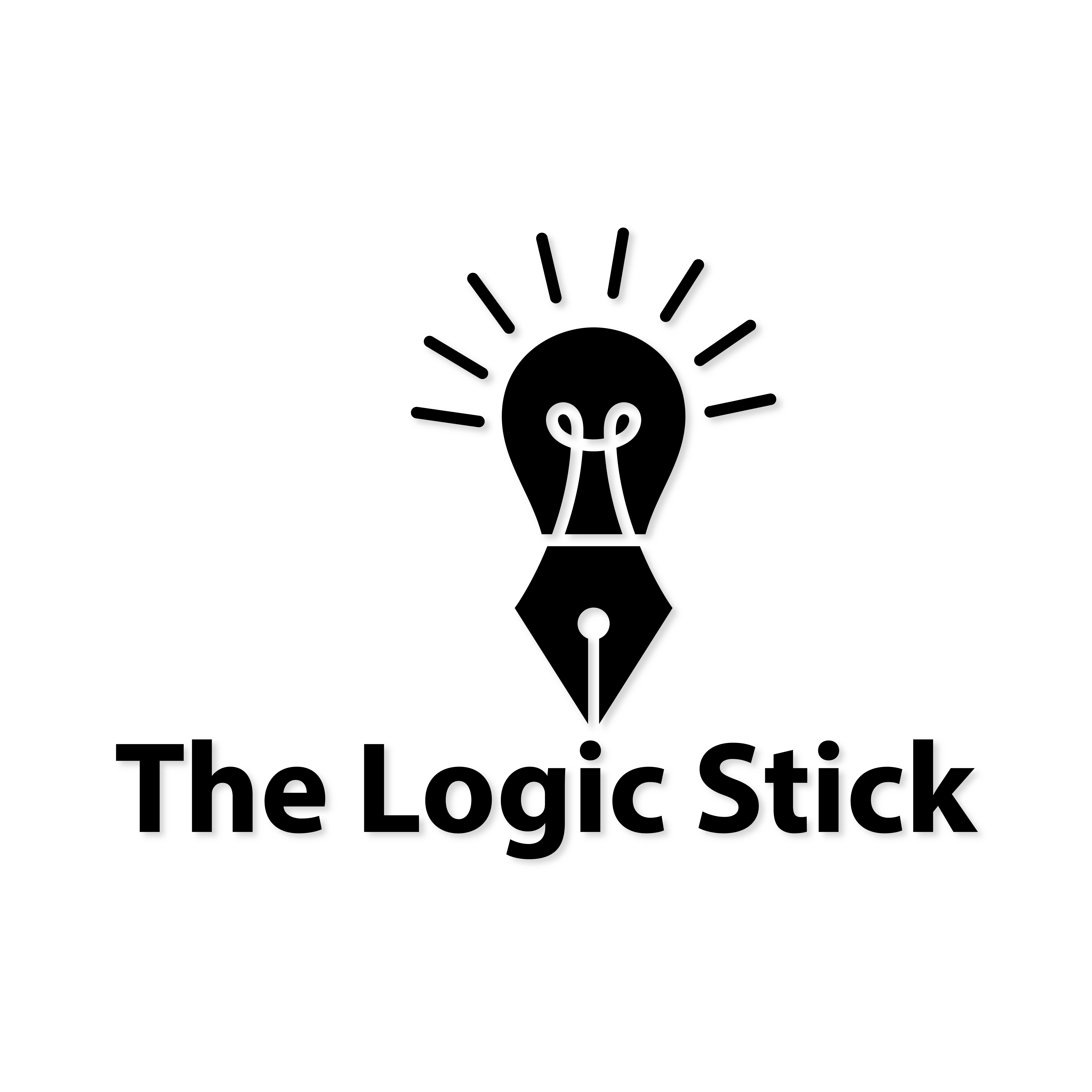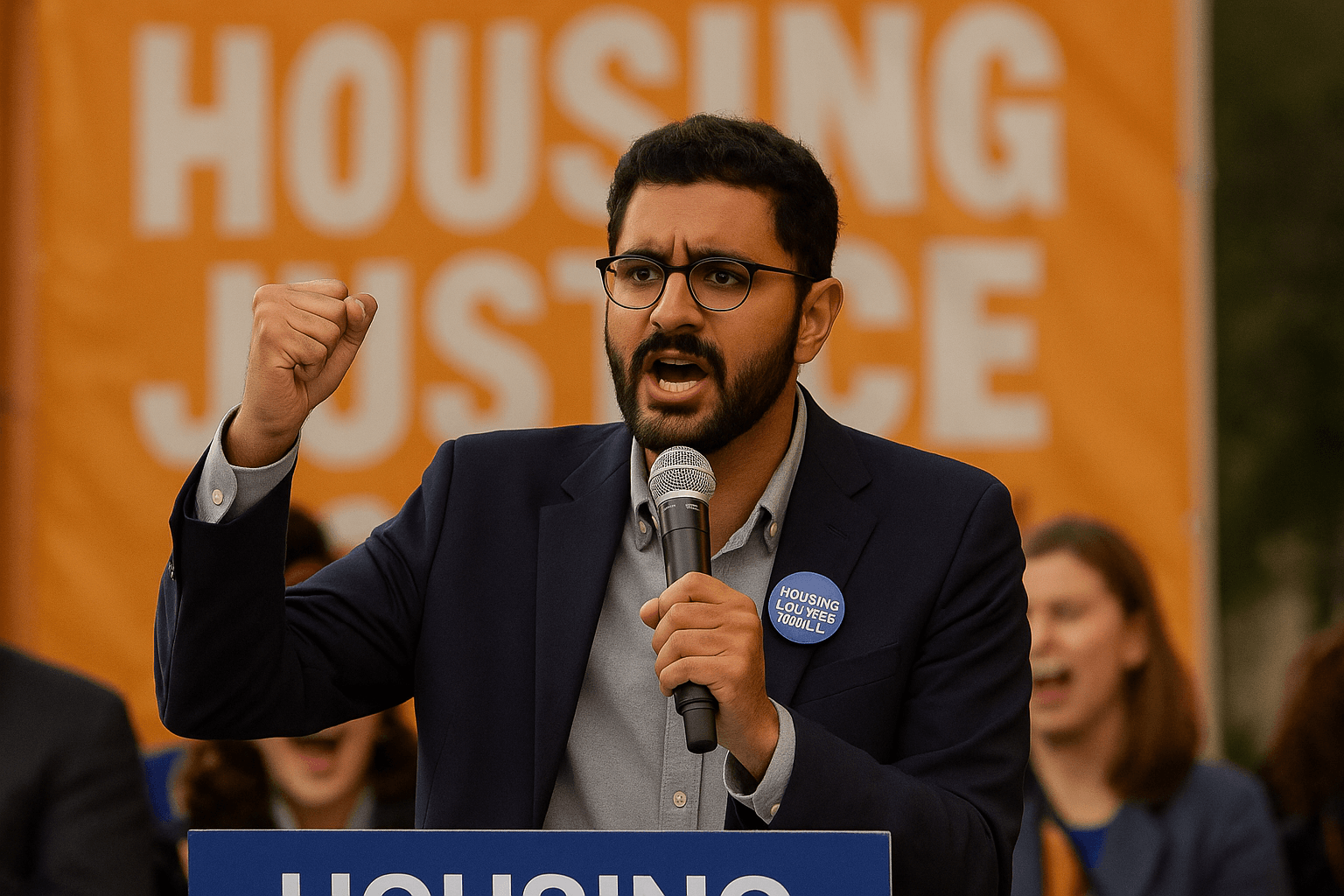Introduction to Zohran Mamdani
In an era of seismic political shifts, few figures embody the convergence of migration, identity, activism and bold policy like Zohran Kwame Mamdani. Born in Kampala, Uganda, of Indian-heritage parents, and raised in New York City, Mamdani’s story defies the conventional American political arc. His rise from housing counsellor to state legislator to mayoral nominee for New York City signals a generational realignment. But beyond surface headlines lies a layered narrative of struggle, identity, ambition and resistance.
Family, Education & Ethnic Roots
Zohran was born on October 18, 1991, in Kampala, Uganda. His father, Mahmood Mamdani, is a distinguished academic in African studies; his mother, Mira Nair, is an acclaimed film-maker. With Indian heritage (via his mother) and East African roots (via his father’s Ugandan origins), Mamdani embodies a multicultural, diasporic identity.
At a young age the family moved to South Africa and ultimately to New York City, where he grew up, attending the Bronx High School of Science and later graduating from Bowdoin College with a BA in Africana Studies. Axios This academic orientation reflects the thematic threads that came to define his career: race, migration, urban inequality and housing. His immigrant background and transnational upbringing give him a persona deeply rooted in global as well as local struggles.
Early Career & Grassroots Work

Before entering politics in a formal sense, Mamdani worked on the front lines of housing insecurity. He served as a foreclosure-prevention counsellor in Queens, helping low-income and immigrant homeowners navigate eviction and debt. Axios This hands-on experience in housing adversity laid the groundwork for his political convictions on rent, affordability and urban justice.
In the legislature, he built a reputation as a bold voice for tenants and transit riders. His campaign materials note major achievements: fighting alongside taxi drivers for debt relief, winning state budget funds for increased subway service, and launching fare-free bus pilot programs. These are more than policy bullet-points—they reflect his claim to represent working-class voices often ignored in elite politics.
Political Rise
In 2020, Mamdani ran in the Democratic primary for the New York State Assembly, District 36 (Astoria, Long Island City in Queens) and defeated a long-time incumbent. Since January 2021 he has served in the Assembly. Wikipedia+1 In 2025, he shocked many by winning the Democratic nomination for Mayor of New York City—taking over from power-players and skipping the expected moderate route.
His victory was billed as a seismic upset: The establishment candidate Andrew Cuomo conceded early on June 25, 2025. Many analysts view his win as evidence of a left-ward shift among younger progressives in urban America.
Also read – The Rise of Boycott UAE Movement: Sudan War Crisis
Platform & Policy Vision
Mamdani’s policy agenda is bold, expansive and intentionally disruptive. Here are the headline elements:
Housing & Cost of Living
- Rent Freeze: Freeze rent increases on rent-stabilized units.
- Affordable Housing: Build large volumes of social housing and crack down on “bad landlords” and deed-theft. Zohran for NYC
Economy & Work
- Raise the minimum wage to $30/hour by 2030. Axios
- Expand corporate/wealth taxation to fund universal childcare and free transit.
- He has gone on record saying: “I don’t believe that we should have billionaires.” The Times of India
Transit & Public Goods
- Fare-free city buses as part of transit justice. Reasons to be Cheerful+1
- City-run grocery stores in underserved neighbourhoods to fight food deserts and lower prices. The Nation
Climate, Equity & Immigrants
- His plan frames green retrofits and social housing not just as climate policy but as affordability policy. Jacobin
- He supports strong immigrant protections, sanctuary policies and the expansion of legal representation for immigrants. Wikipedia
Identity & Representation
- With his background, Mamdani presents himself as a candidate who “gets” both global migration and local hardship.
- He states: “We have won because New Yorkers have stood up for a city they can afford… where hard work is repaid with a stable life.” Jacobin
Why He’s At Odds With Donald Trump & the Right-Wing Narrative
Mamdani’s politics clash sharply with the conservative and establishment centre:
- He is a self-described democratic socialist, which is a lightning rod in U.S. politics. Axios
- He has taken strong stances on policing reform, housing regulation and public-ownership notions—all conservative red-flags.
- His public remarks, such as opposing billionaires, freezing rent, building public grocery stores, are portrayed by opponents as “radical” and “unrealistic.” City & State New York
- Media reports note that business leaders and some in his own party are worried his agenda will provide Republicans a “too-left” target. Reuters
- In his victory speech, he explicitly invoked the contrast with Trump-style politics: “Tonight … in the words of Nelson Mandela, ‘It always seems impossible until it is done. My friends, we have done it.’” newsweek.com
Thus, Trump and aligned conservative voices see Mamdani not only as ideological opposition but as a symbol of a larger shift they fear—progressive, immigrant-led, bold-policy urban politics.
What People Often Don’t Know
- While his public image is progressive politician, his housing counselling work in Queens built intimate knowledge of foreclosures, immigrant families, eviction risk and urban precarity.
- Despite youthful image, he comes from an academic & artistic family: father an African-studies scholar, mother a film-maker. That dual lens gives him both cultural and intellectual grounding.
- His multilingual and multicultural upbringing (India, Uganda, South Africa, USA) provides him with a diasporic identity rarely seen in major U.S. city leaders.
- His stance on foreign affairs—particularly the Israel-Palestine conflict—became a campaign flashpoint. He has long supported Palestinian rights and been criticised for not explicitly affirming Israel’s right to exist as a Jewish state. Jerusalem Post+1
- Many critics point out that while his ideas are ambitious, legislative success so far has been modest (three bills signed into law as per one breakdown). City & State New York
Why His Story Matters—and What’s At Stake
- Representation shift: Mamdani’s election (or candidacy) signals a generation of urban residents—immigrants, global-south families, renters—asserting power.
- Policy template export: His affordability-first agenda could serve as a blueprint for major cities globally—especially in pricey, immigrant-rich metros grappling with housing and cost-of-living crises.
- Political realignment: His win may accelerate the tug-of-war within the U.S. Democratic Party—between centrists and progressives—and invite Republican push-back framing.
- Diaspora inspiration: For Indian-origin, Ugandan-born, Muslim-diaspora audiences, his story offers a route map: global roots, local focus, political enterprise.
- Governance test: Winning is one thing; delivering in a city as complex as New York—with entrenched power-centres, budget constraints, high expectations—is another entirely.
Challenges & Critiques
- Institutional resistance: Developers, real-estate interests, landlords and unions are bracing for push-back.
- Public messaging: Bold policy can energise a base but may alienate moderate voters worried about cost, feasibility, and safety.
- Operational risk: Implementation is key—free buses, rent freezes, city-run groceries look great on paper but entail logistical, legal and budgetary hurdles.
- Foreign-policy controversy: His views on Israel/Palestine and “globalize the intifada” rhetoric drew major coverage and could form a liability in certain voter blocks. The Times of Israel+1
Conclusion
Zohran Kwame Mamdani is more than a political novelty. His journey—from Kampala to Queens, from housing counsellor to mayoral nominee—is emblematic of deeper transformations in global-urban politics. He represents a network of ideals: affordability, public ownership, immigrant-rooted governance, and cross-cultural representation. For New York, this is a pivot. For cities globally, this could be a blueprint. For critics, a risk. And for many voters, a fresh voice in a crowded system.
Whether he finally delivers on his ambitious agenda, or whether institutional realities blunt his vision, the arrival of Zohran Mamdani has already shifted the frame. He forces us to ask: are the big cities of tomorrow going to be run by the same old cast—or by those whose families crossed oceans, whose roots span continents, who know eviction-lines as well as boardrooms?






